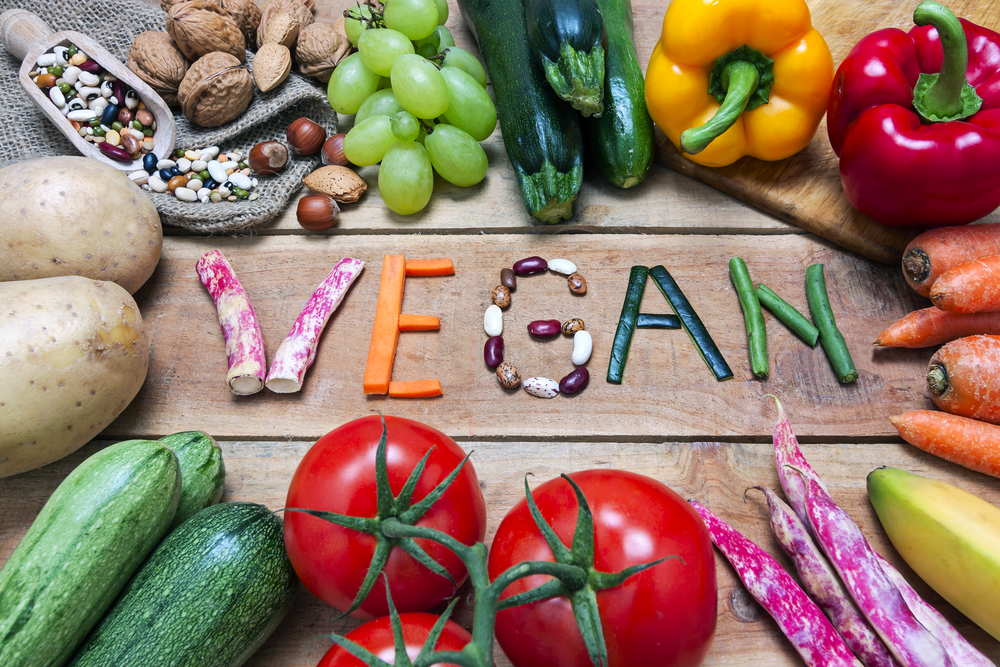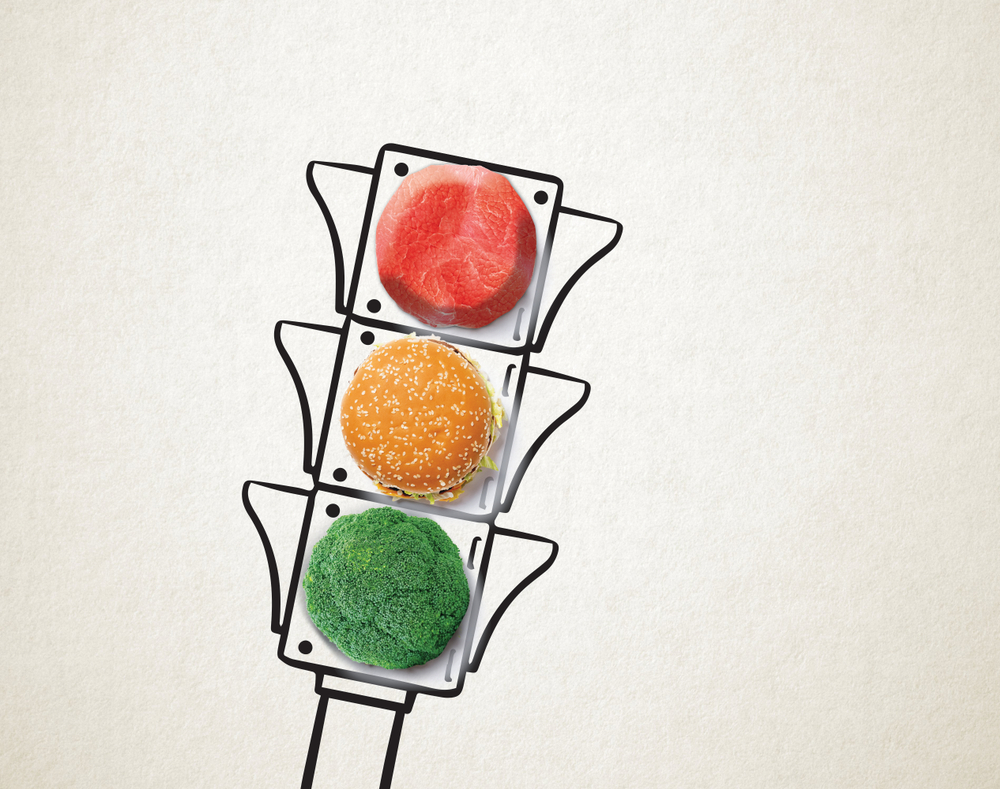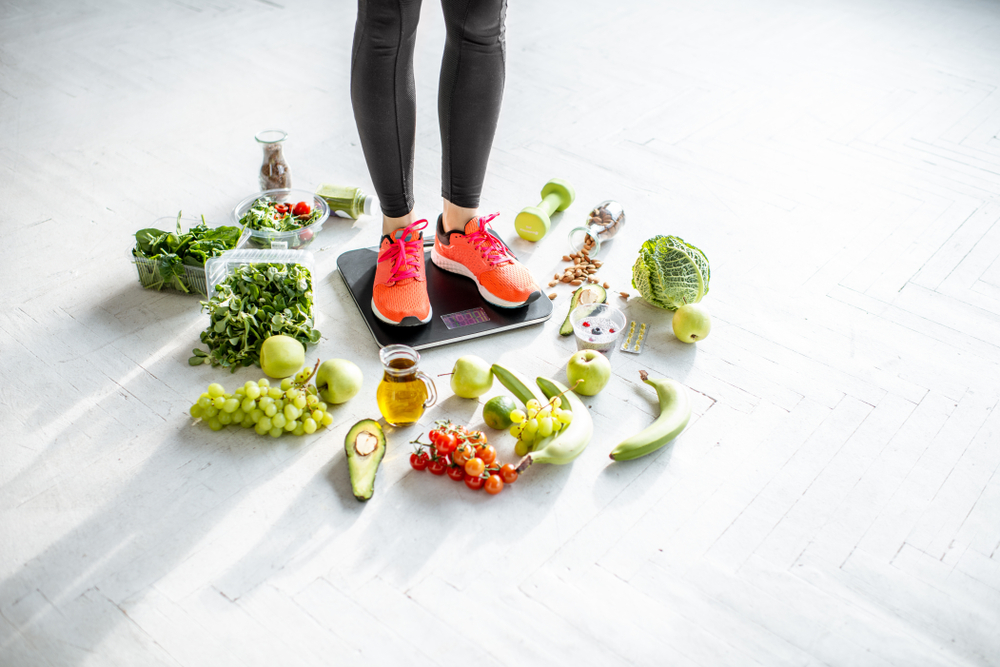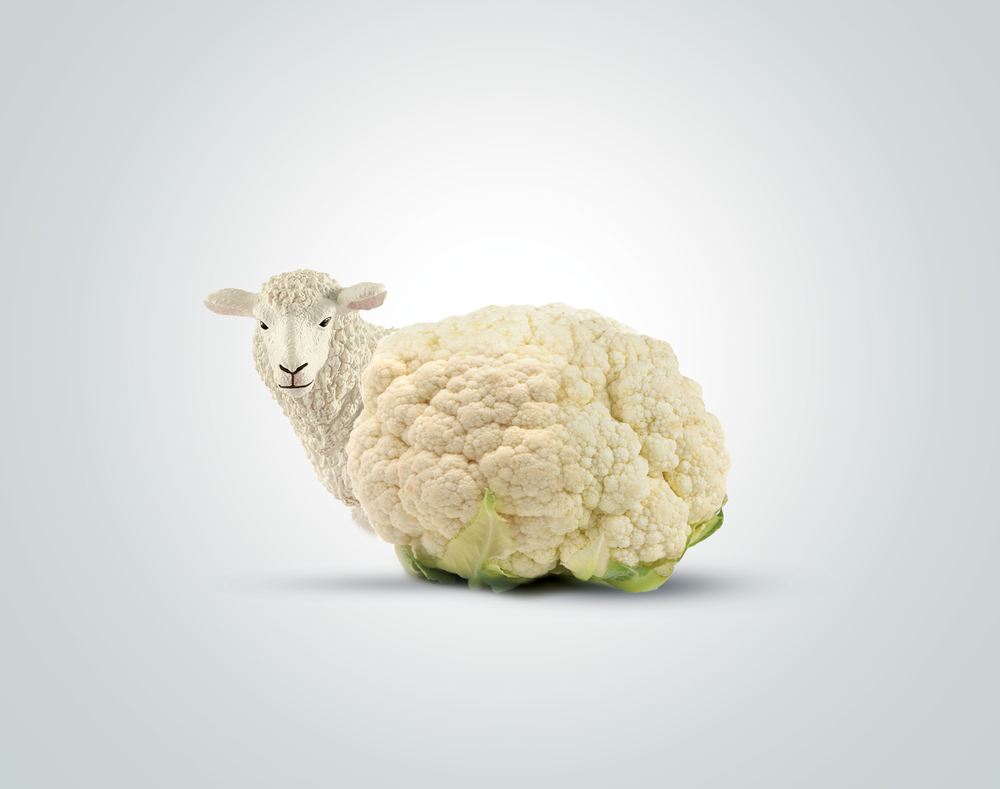The term "vegan" is heard too often or not often enough in general life. Yet it is a lifestyle that many people are currently following with particular reasons. So being vegan, what is it? And why choose to be vegan?
What is it to be vegan?
Veganism is not eating anything produced from animals including milk, meat, honey and also everyday products like leather and wool.
The vegan diet is actually a way of life. People who adopt veganism are already following a vegetarian diet. They have chosen to be vegan for their own good and the good of the environment.
Are there any benefits to being vegan?
First, here are the three myths about the vegan diet:
A vegan eats the same foods over and over.
A vegan eats a variety of foods: fruits, vegetables, nuts, berries, seeds, etc. The menus are varied, taking care to eat quality food with less fat. It is possible to make different dishes while being vegan, such as soft pancakes with fresh fruit or a vegan omelette.
Vegans suffer from nutritional deficiencies.
This is not confirmed in such a general way. It depends on the variation of the food you eat. As long as the food is balanced and diversified, there is no risk of having dietary deficiencies.
Here are some lists of the nutrients you need to bring for the vegan diet:
Vitamin B12: in order to avoid deficiency, it is necessary to take a vitamin B12 intake since vegan foods do not contain it.
Omega-3 and fatty acids: it is also important to have an intake of fatty acids and Omega-3 because the body and the mind need them. Seaweed is very rich in Omega-3. Alternatively, there are also 100% vegetable Omega-3 capsules which contain all the fatty acids the body needs.
Iodine: Since fish and seafood provide iodine, it is necessary to use organic iodised salt to obtain iodine.
Calcium: Dairy products provide calcium, but there are also products of vegetable origin that contain calcium, such as soybeans or almonds, etc.
Iron: vegetables, nuts, legumes and cereals provide sufficient iron.
Vitamin D: just stay in the sun for a few minutes without sun protection for a few minutes and vitamin D is provided.
Protein: there are many different sources of vegetable protein.
So the most important thing to avoid deficiencies is to eat balanced and varied food.
It is not possible to reach a fitness goal with the vegan diet.
Indeed, the vegan diet is often associated with weight loss. However, it is possible to achieve a fitness goal to lose weight or to build muscle.
The main thing is to have a caloric intake equivalent to the expectation. For weight loss, the ideal is to have a calorie deficit between 200 and 400 kcal. And for muscle gain, just increase the caloric intake.
Why choose to be vegan?
First of all, veganism is to choose a limit in your daily life and to choose an ethical food by respecting the living and the sustainability of your home. The fact of being vegan thus consists in refusing any animal exploitation, whatever the reason.
Whether it's for food, like eating meat, fish, eggs, dairy products, etc. , or for making clothes like fur, leather, wool, silk. Or even for entertainment such as circuses, zoos, water parks, bullfighting, hunting, etc. Basically anything that has to do with animals.
The choice to be vegan then is about the idea of protecting:
Animals: The consumption of animals is increasing day by day and this without taking into account that it creates great suffering for all animal species. Like the fact that they are intensively bred and captured. Not to mention the mistreatment and killing. Yet animals have been recognised as living beings by many countries.
The planet: The breeding of animals for consumption also contributes to the destruction of the environment and the planet. Livestock farming is the second largest source of greenhouse gas emissions and therefore causes global warming.
It is the duty of every person living on earth to preserve a living, healthy and habitable planet for future generations. And also to sustain the resources for the coexistence of human beings and animals.
Health: It is always said that to be healthy, the body needs to consume meat and dairy products. However, this is a myth. On the contrary, it turns out that diets based on animal products increase the risk of several diseases such as type 2 diabetes, osteoporosis, cardio-vascular accidents, cancers, etc.
On the other hand, plants provide elements that are useful for good health, such as iron, calcium, proteins, etc. This makes the vegan diet the most practical and healthy diet to adopt in order to be in good health.
To conclude
In sum, veganism is not just a diet but a way of life. As with any kind of diet, it is necessary to eat a balanced and diversified diet, as this can lead to deficiencies. And don't forget to check your nutrient intake regularly. And most importantly, think about protecting animals, the planet, and everyone's health.




